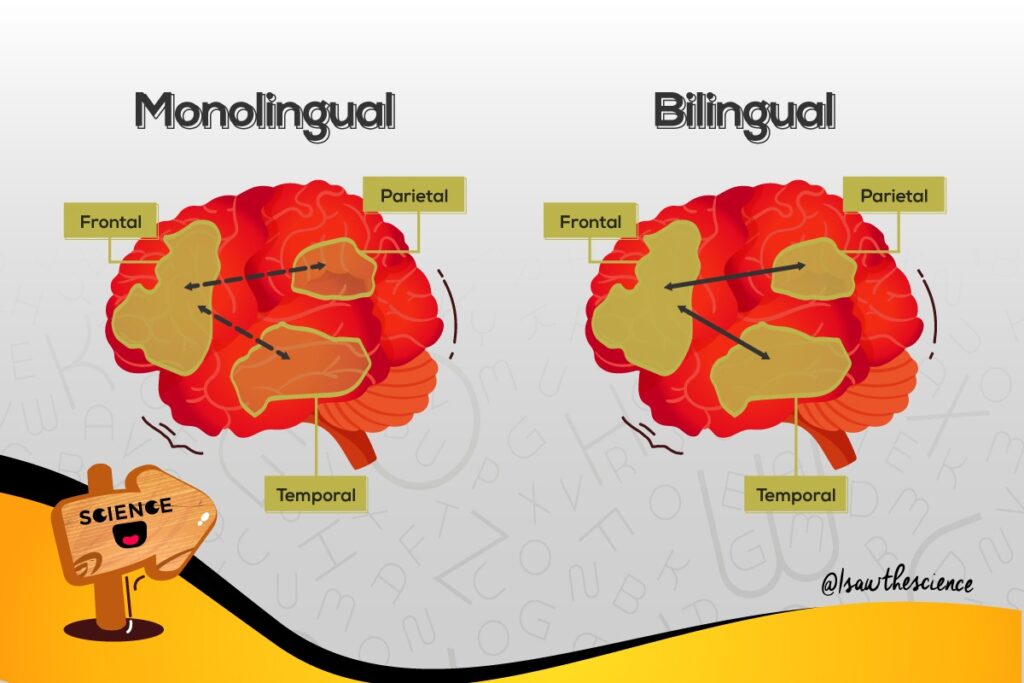The Choice of Excellence
The Choice of Excellence
The French educational system is globally recognized for its rigor, organization, and commitment to equal opportunities and academic excellence. Students enrolled in a French immersion school develop a deep respect for academic achievements and cultivate independent and analytical thinking while placing great importance on cultural knowledge.
A worldwide network of 495 French immersion schools or international schools, spread across 137 countries, offers the national French curriculum. Although the teaching methods may vary according to local contexts, the core principles and academic values of the curriculum are maintained. This structure allows for easy mobility of students, enabling them to transfer from one French immersion school to another without requiring additional tests, thus ensuring smooth educational continuity.
French immersion schools are also distinguished by their strong foreign language programs, allowing students to become multilingual and develop essential linguistic skills in an increasingly globalized world.
The French Baccalauréat, an internationally recognized diploma, opens doors to universities and careers worldwide, attesting to the high level of competence and expertise of the students who earn it.
In summary, the strength of the French educational system lies in its ability to produce well-rounded, cultured students who are prepared to meet academic and professional challenges on an international scale.


